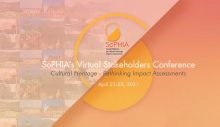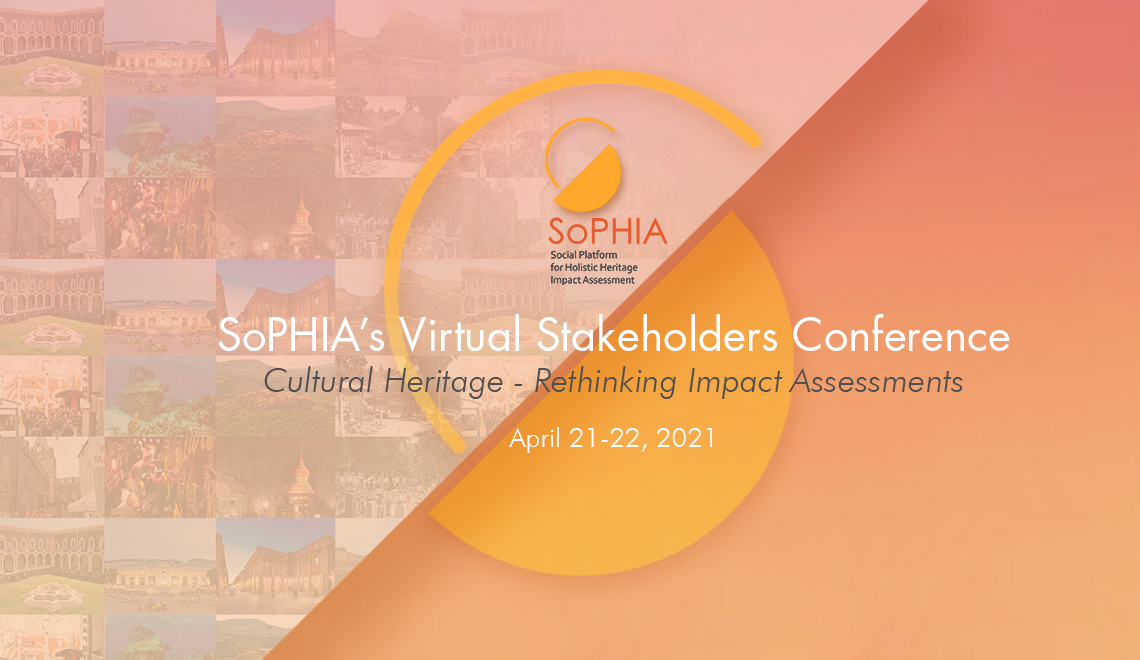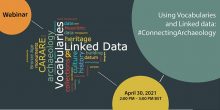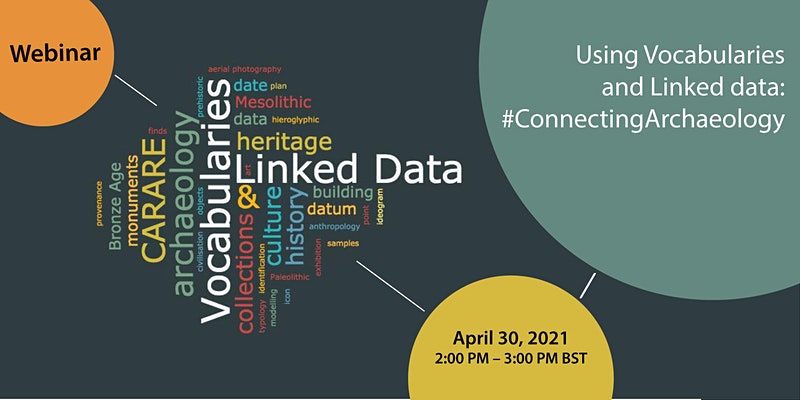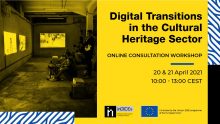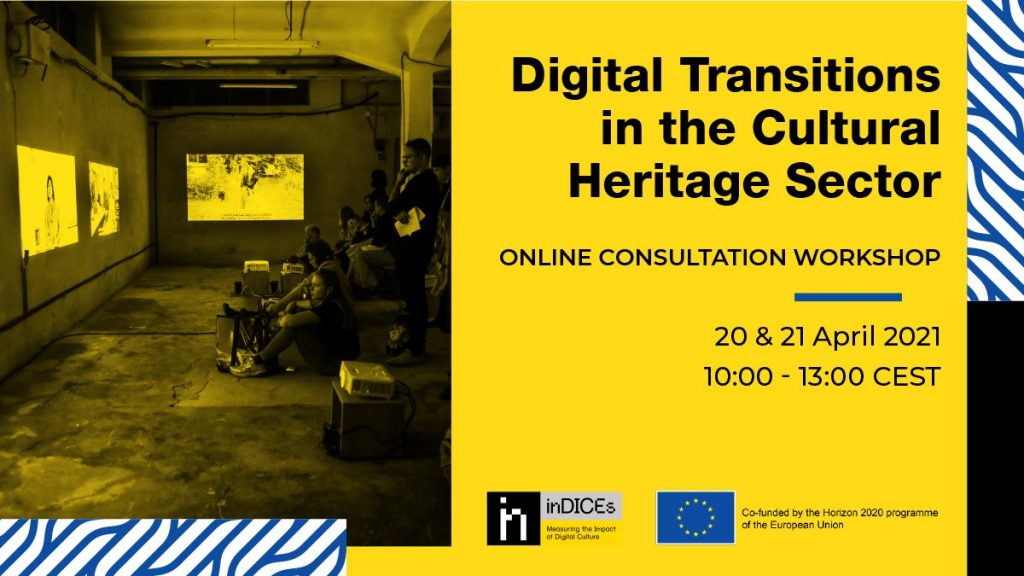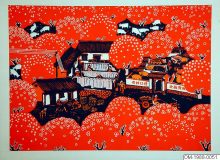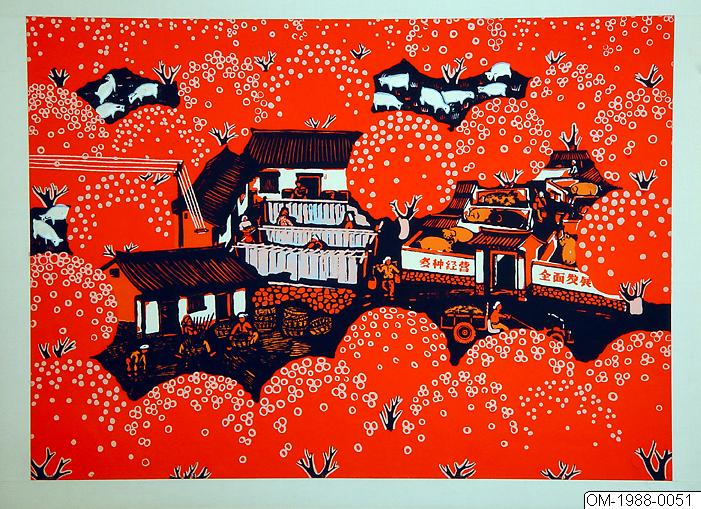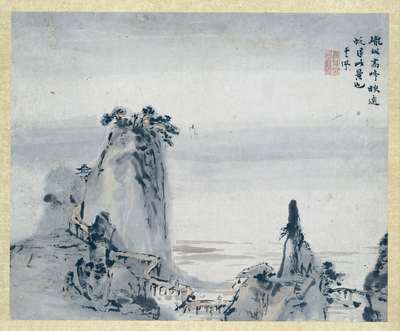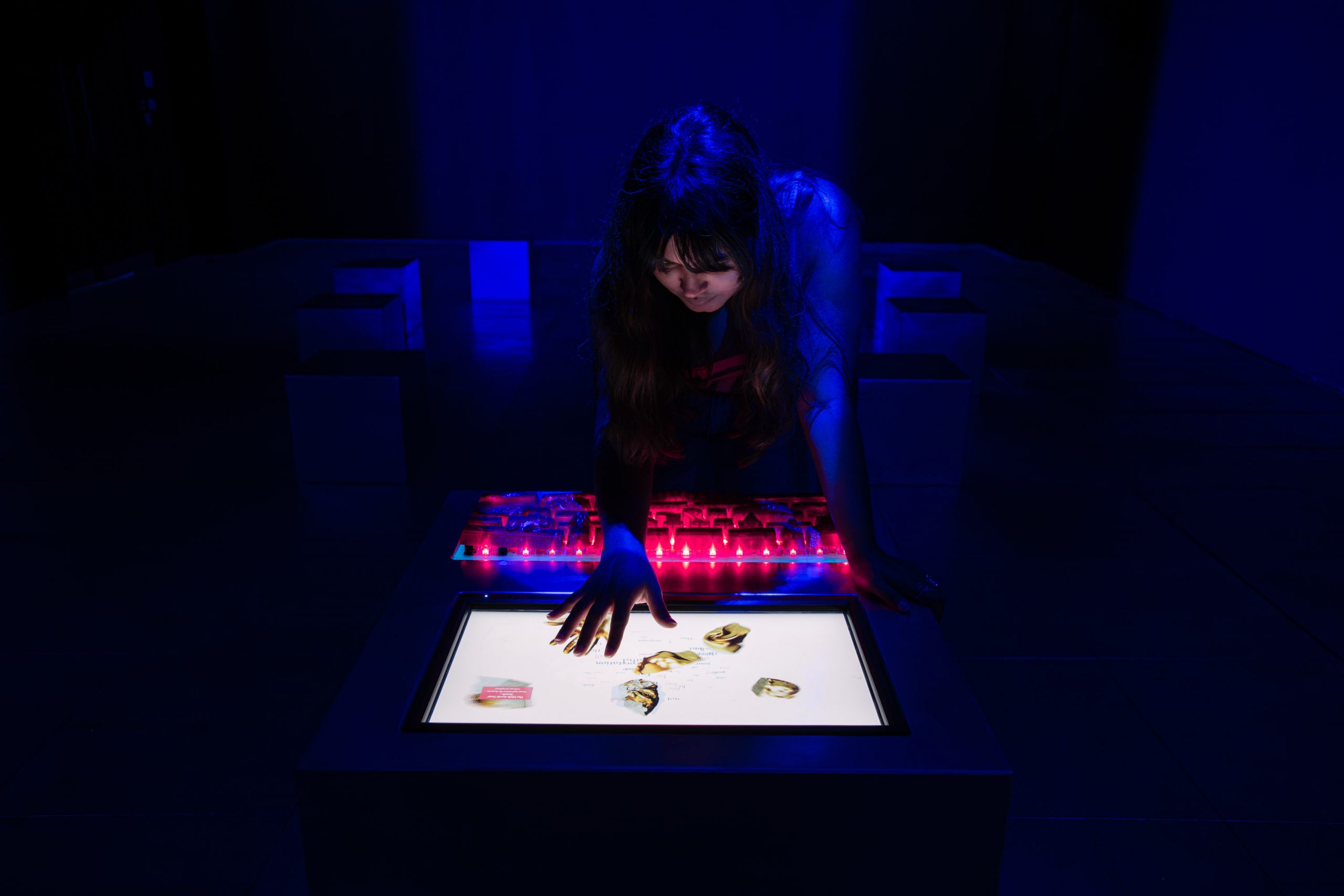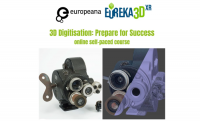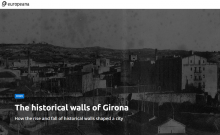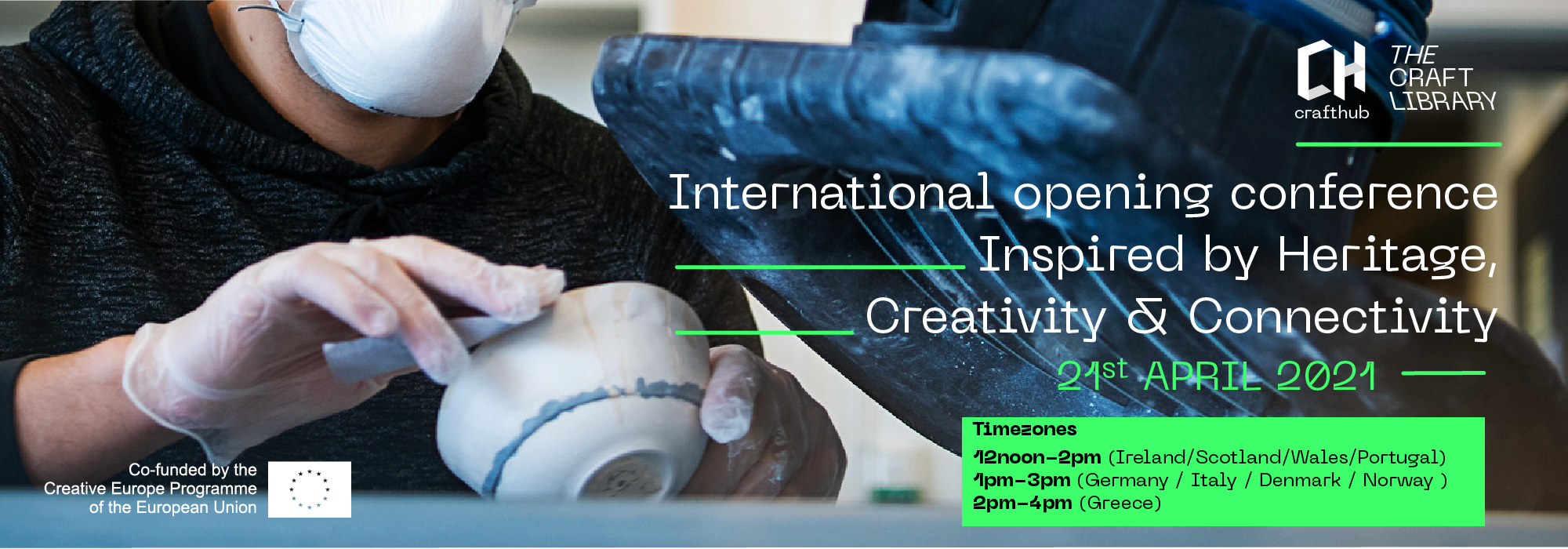 Craft Hub is a European project co-funded by the Creative Europe Programme focused on Craft in the context of cultural heritage and its continuing relevance in contemporary practice.
Craft Hub is a European project co-funded by the Creative Europe Programme focused on Craft in the context of cultural heritage and its continuing relevance in contemporary practice.
This opening conference focuses on 3 pillars of sharing best practice and practical advice in the form of creativity, heritage and connectivity and aims to inform participants about how they can actively engage and benefit from the Craft Hub Project.
The project implementation is based on the investigation and documentation of craft skills and processes, their application in creative practice across Europe; questions of cultural specificity & individual motivations of practitioners.
Main goals of the project are:
– the creation of a Digital Repository in the form of a material library and multi-media content
– to heritage concerns by exploring and documenting at risk & lost/ recovered Craft skills & processes
– to identify cultural/transnational attitudinal differences to Craft and to test the emerging Repository
Main planned activities:
– 42 transnational maker residencies
– 305 days of outreach work
– 1 festival
– 7 exhibitions
– 2 conferences
Read more on the project’s website.
Login Status
-
Free text
UPCOMING EVENTS:
 IN SITU Final Conference, Valmiera, Latvia, from 11-13 May 2026
IN SITU Final Conference, Valmiera, Latvia, from 11-13 May 2026The IN SITU project celebrates its Final Conference in Valmiera (Latvia) from 11 to 13 May 2026. Extended deadline: The deadline for the Call for Papers for the Special Issue Proposal in the International Journal of Cultural Policy has been … Continue reading →
 Copenhagen and online, 25-26 November 2025
Copenhagen and online, 25-26 November 2025On 25 and 26 November, it will be possible to follow SEMIC 2025 remotely and be part of the European Commission’s flagship event on semantic interoperability and digital government, organised in partnership with the Danish Presidency of the Council of … Continue reading →




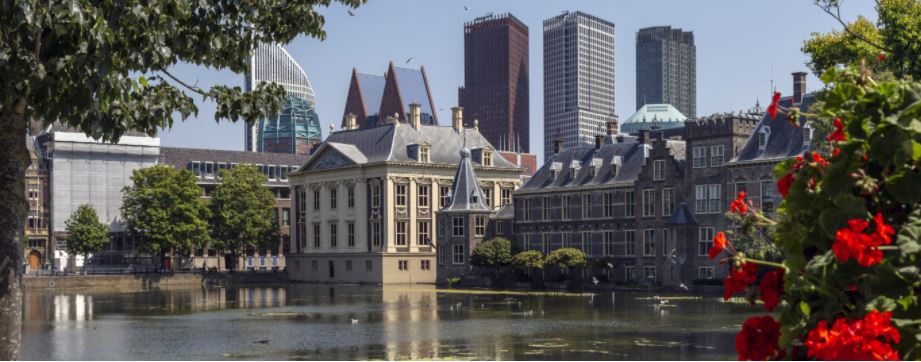 HERILAND is a pan-European research and training network on cultural heritage in relation to Spatial Planning and Design. It is funded by the
HERILAND is a pan-European research and training network on cultural heritage in relation to Spatial Planning and Design. It is funded by the 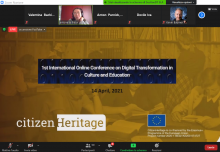
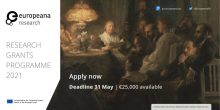
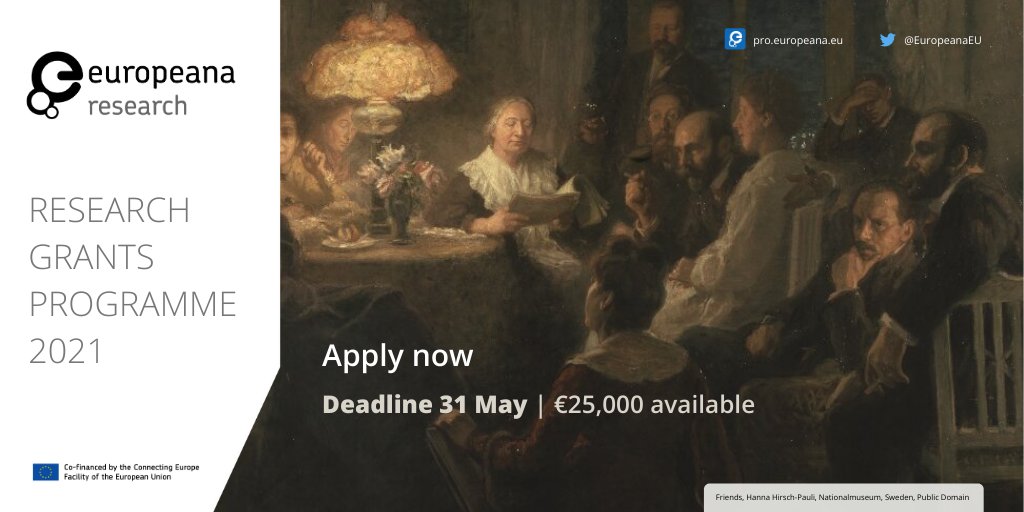
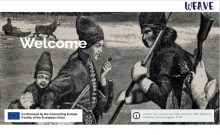
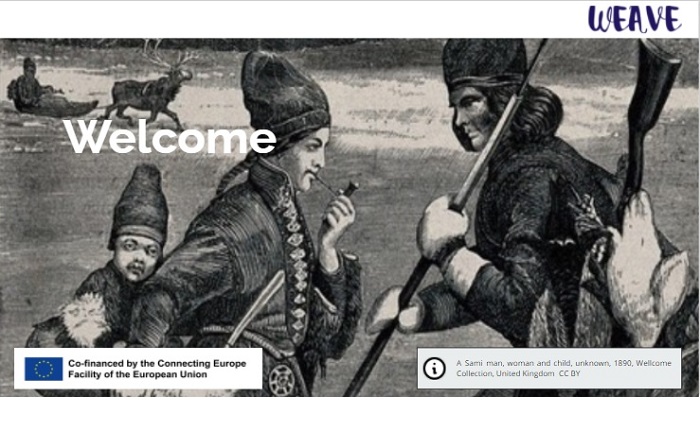
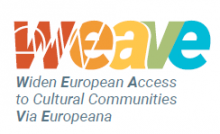 WEAVE will contribute to preserving for future generations the richness of the European identity and its cultural plurality. In particular, the project will aggregate over 5,000 new high-quality records to Europeana related to the rich and invaluable cultural heritage of minority cultural communities, and showcase these collections in a set of engaging editorials and a virtual exhibition. The project will carry out several capacity building activities to develop a closer connection between cultural heritage institutions (CHIs), minority cultural communities and Europeana.
WEAVE will contribute to preserving for future generations the richness of the European identity and its cultural plurality. In particular, the project will aggregate over 5,000 new high-quality records to Europeana related to the rich and invaluable cultural heritage of minority cultural communities, and showcase these collections in a set of engaging editorials and a virtual exhibition. The project will carry out several capacity building activities to develop a closer connection between cultural heritage institutions (CHIs), minority cultural communities and Europeana.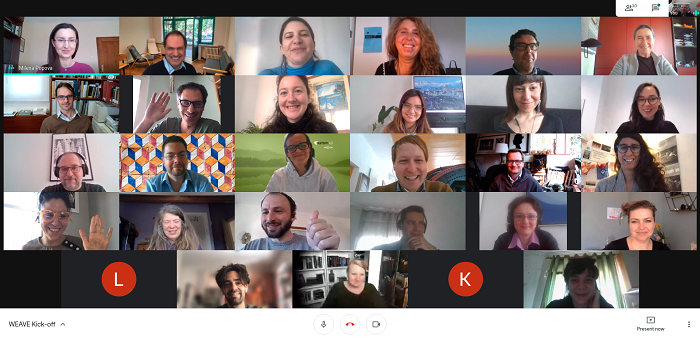
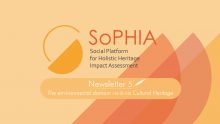
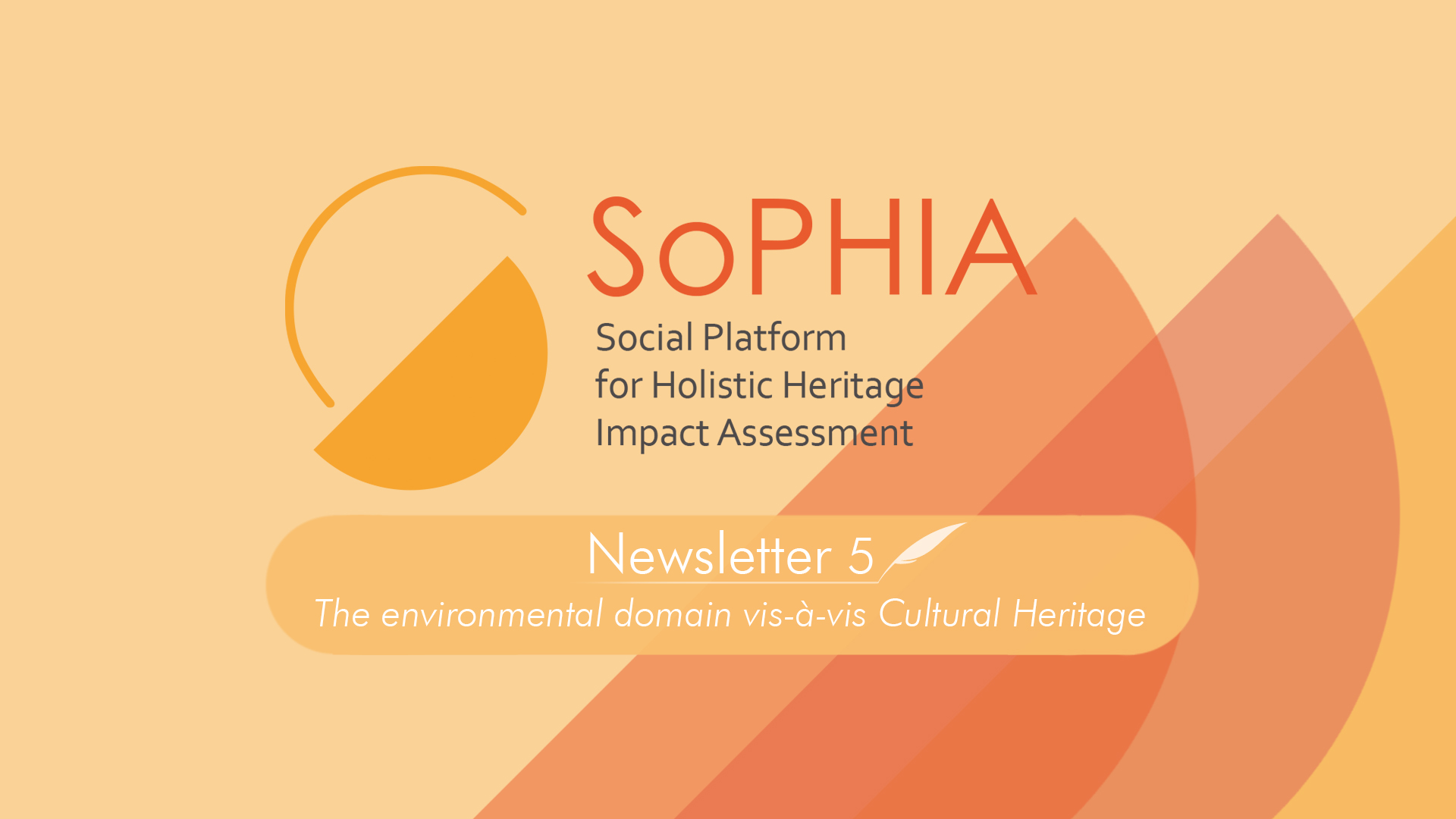 SoPHIA – Social Platform for Holistic Impact Heritage Assessment aims to promote collective reflection within the cultural and political sector in Europe on the impact assessment and quality of interventions in historical environment and cultural heritage at urban level.
SoPHIA – Social Platform for Holistic Impact Heritage Assessment aims to promote collective reflection within the cultural and political sector in Europe on the impact assessment and quality of interventions in historical environment and cultural heritage at urban level.